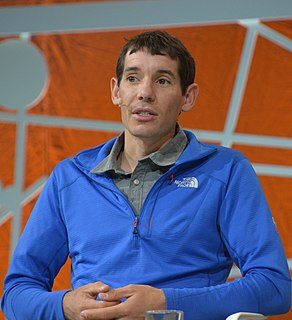A Quote by Margaret Cuomo
In addition to reducing cancer risk, physical exercise helps prevent heart disease, diabetes, osteoporosis, and other conditions. Physical activity is also a key factor in the prevention of overweight and obesity, both of which increase the risk of several cancers.
Related Quotes
The simplest way to look at all these associations, between obesity, heart disease, type 2 diabetes, metabolic syndrome, cancer, and Alzheimer's (not to mention the other the conditions that also associate with obesity and diabetes, such as gout, asthma, and fatty liver disease), is that what makes us fat - the quality and quantity of carbohydrates we consume - also makes us sick.
Low income is related to poorer housing, poorer diet, fewer social amenities, worse working conditions. (...) After adjustment for age, sex, race, smoking, alcohol consumption, sleep habits, leisure-time physical activity, chest pain, diabetes, or cancer, there was still an increase risk of 1.6 for those with inadequate incomes.
When I heard that heart disease kills more women than all cancers combined - when I heard that, I knew. The other thing that's very important is that heart disease...is preventable. There are some specific lifestyle changes that women can make: losing weight, not smoking, exercising, eating healthy foods. Knowing the risk factors: high blood pressure, high cholesterol, diabetes, [being] overweight. And if you have heart disease in your family, you should see your doctor. Because this disease is preventable.
If all other risk factors are normal, and you exercise moderately, your risk of having high CRP is one in 2000, .. A person who is a little overweight, with blood fats and cholesterol a little elevated, maybe with a little bit of high blood pressure -- we didn't used to think that having several of these little risk factors were a big deal. But it is. These little risk factors add up in a way that is worse for you than one big risk factor.
The development of a strategic plan for cancer prevention in medical schools that is supported by all stakeholders - including the medical community, government, the insurance industry, cancer advocacy groups and all those dedicated to cancer prevention - will be the key to inspiring patients to live lifestyles that will decrease cancer risk.
Studies indicate that vegetarians often have lower morbidity and mortality rates. . . . Not only is mortality from coronary artery disease lower in vegetarians than in non-vegetarians, but vegetarian diets have also been successful in arresting coronary artery disease. Scientific data suggest positive relationships between a vegetarian diet and reduced risk for obesity, coronary artery disease, hypertension, diabetes mellitus, and some types of cancer.
































